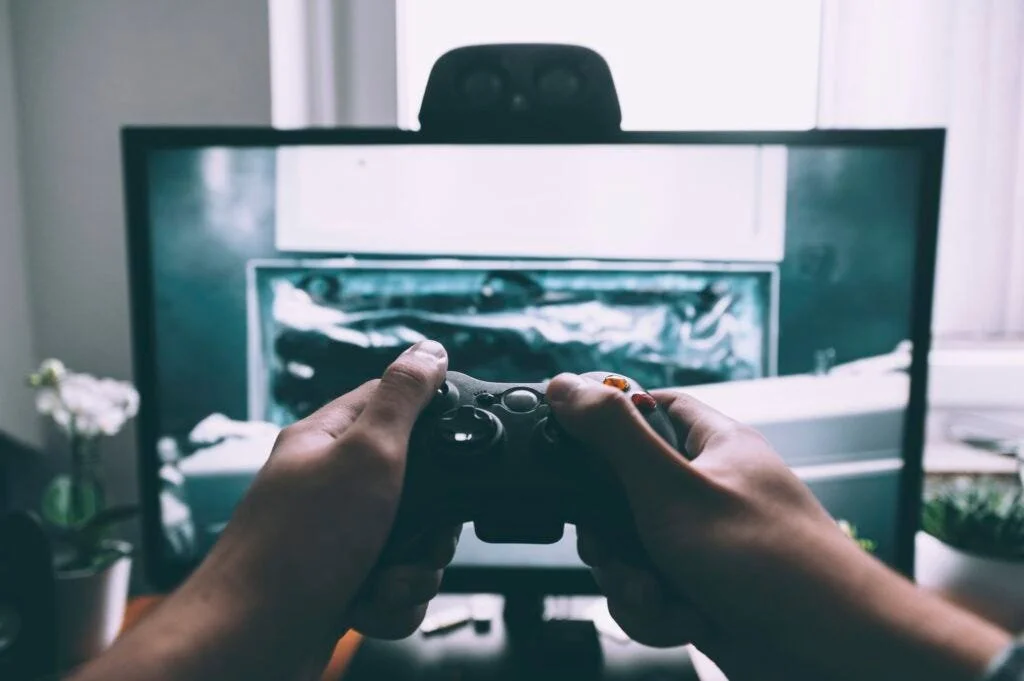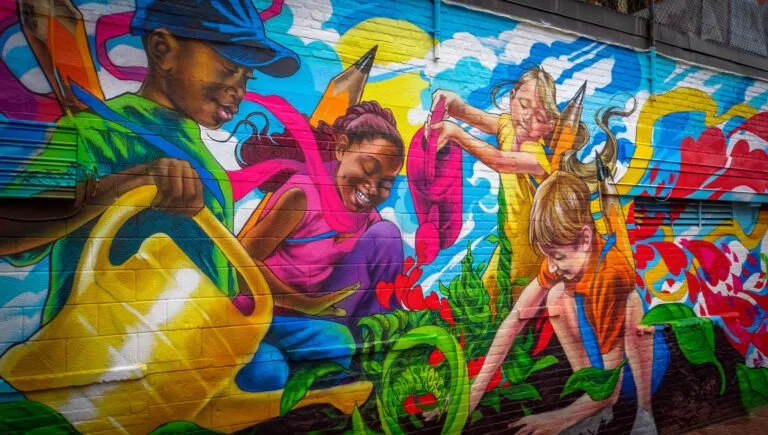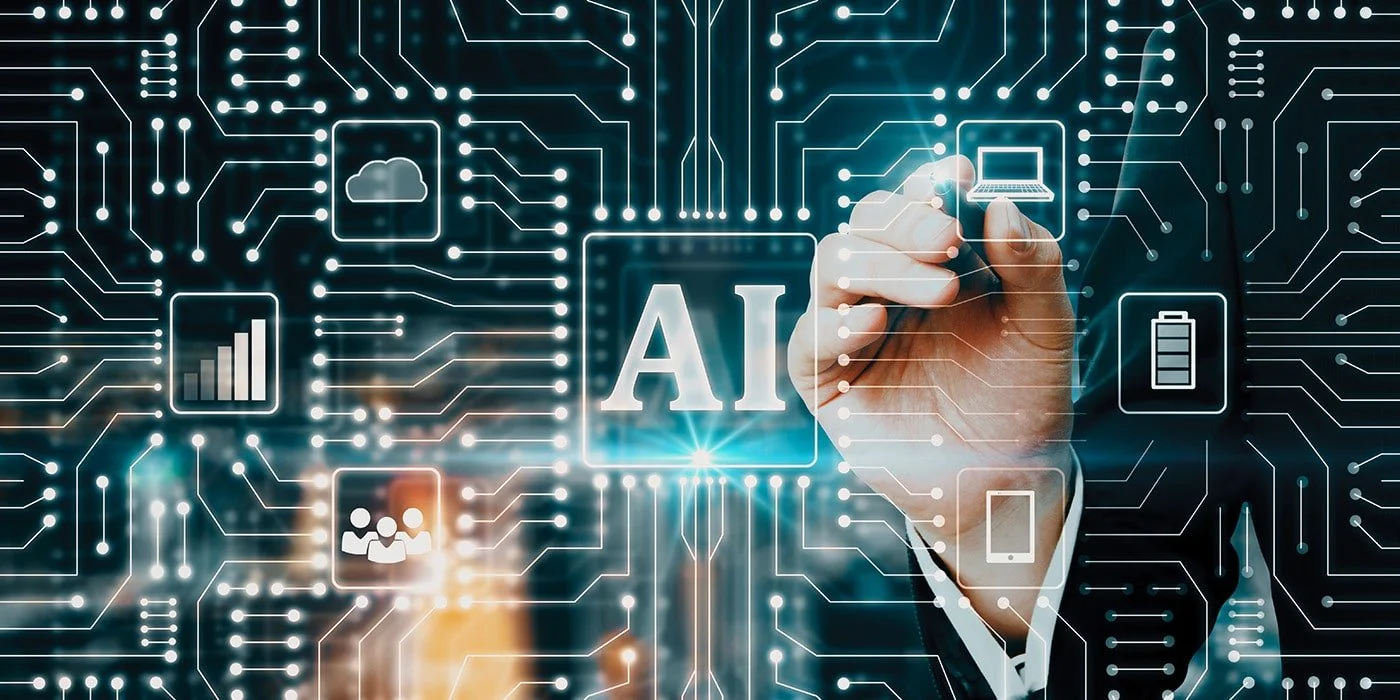I teach a course on “Cultural Policy and Advocacy in the US” each spring for CMU’s Master of Arts Management program. As I begin prepping for the upcoming spring semester, I find it intriguing that the issue of “net neutrality” has not gained much buzz within the arts advocacy community. So let’s take a look at what net neutrality is and how the issue of net neutrality impacts the arts. So what is net neutrality? Here’s a brief breakdown of the issue from Public Knowledge, a Washington DC based public interest group working to defend the public’s rights in the emerging digital culture:
Okay, but why should arts advocates care about net neutrality?
In the last decade, we have seen an explosion in the use of the Internet to create art, promote the arts, advocate for the arts, build community through the arts, and more. Our sector’s ability to participate in the Web 2.0 cultural shift is due in large part to our ability to access any tool hosted on the Internet with the same ease as any other Web user. Here are just a few examples of how this neutral access has fostered evolution within the arts community :
- Artists have been able to choose from a wide array of online tools for distributing their work and reaching new audiences.
- Artists have explored the use of the Internet as an artistic medium resulting in the genre of art known as net art.
- Artists and arts organizations have leveraged the use of social media and social networking to further engage audiences before, during and after traditional performances and exhibitions.
Let’s say for example that a theatre company pays Comcast for access to the Internet. The theatre also has a nonprofit channel on YouTube where they post video interviews with playwrights, directors, actors, designers, etc. The theatre has successfully used these videos as promotional tools to raise interest in upcoming productions. What happens if Comcast decides to prohibit the theatre from accessing YouTube because Comcast is launching a video sharing site that competes directly with YouTube? Suddenly, your Internet Service Provider (ISP) is determining which online tools you may or may not use to pursue your arts organization’s goals and mission.
Does the idea that your Internet Service Provider would prohibit you from accessing certain sites sound preposterous? It’s not. On September 21, FCC Chaiman Julius Genachowski presented a speech at the Brookings Institute in which he states, “We have witnessed certain broadband providers unilaterally block access to VoIP applications (phone calls delivered over data networks) and implement technical measures that degrade the performance of peer-to-peer software distributing lawful content. We have even seen at least one service provider deny users access to political content.”
During last month’s National Alliance for Media Arts and Culture (NAMAC) conference, Craig Aaron from Free Press laid it out on the line for the audience, “[The federal government is] going to decide whether or not the Internet remains public and free.” Does that sound alarmist? It’s not.
In yesterday’s speech, Genachowski went on to state, “While my goals are clear -- to ensure the Internet remains a free and open platform that promotes innovation, investment, competition, and users’ interests -- our path to implementing them is not pre-determined. I will ensure that the rulemaking process will be fair, transparent, fact-based, and data-driven. Anyone will be able to participate in this process, and I hope everyone will. We will hold a number of public workshops and, of course, use the Internet and other new media tools to facilitate participation. Today we’ve launched a new website, www.openinternet.gov, to kick off discussion of the issues I’ve been talking about. We encourage everyone to visit the site and contribute to the process.”
While this is a wonderful step towards ensuring net neutrality for the United States, we would be foolish to believe that the results of this process are a given. A stunning statistic that Craig Aaron shared with the NAMAC conference last month is that the telecommunications field currently has 500 lobbyists in Washington, DC. That is nearly one lobbyist for each member of the House and Senate. You better believe that those 500 lobbyists are advocating for FCC policies that will allow their telecommunications employers to gain more financially advantageous control of the Internet and consumer usage.
The number of net neutrality lobbyists in Washington, DC is very minor in comparison to the army of 500 telecommunications lobbyists. That’s why it is so important for us to join the national discussion regarding this issue and add it to our list of arts advocacy priorities.
Here are some easy things you can do today to help ensure net neutrality within the United States:
- Send a brief message to your Congressional representative asking them to support the Internet Freedom Preservation Act of 2009 (H.R. 3458).
- Contact Americans for the Arts and encourage them to add a net neutrality issue brief to the Congressional Arts Handbook that will be distributed during the 2010 Arts Advocacy Day event.
- Engage in the public discussion on www.openinternet.gov.





